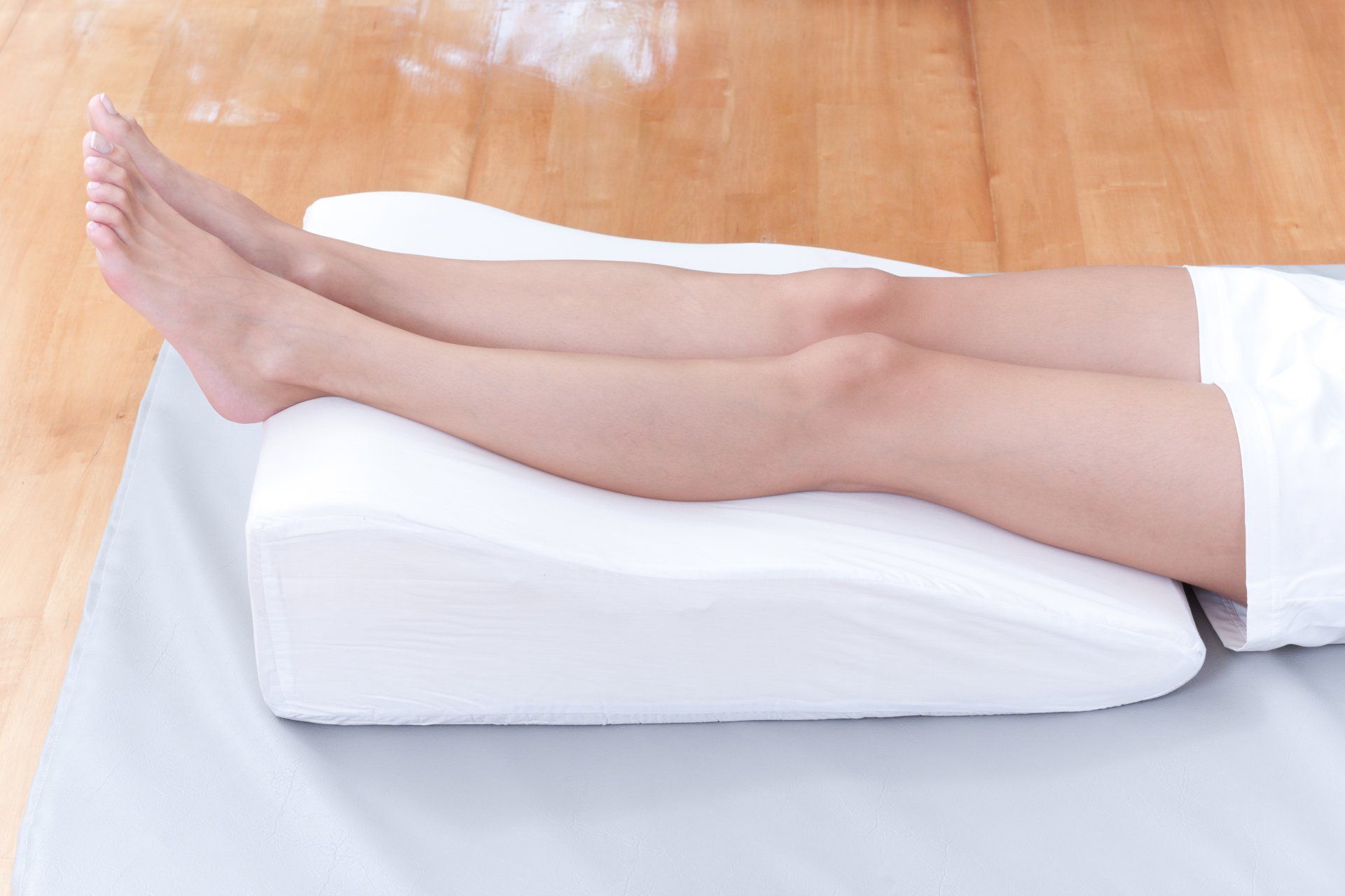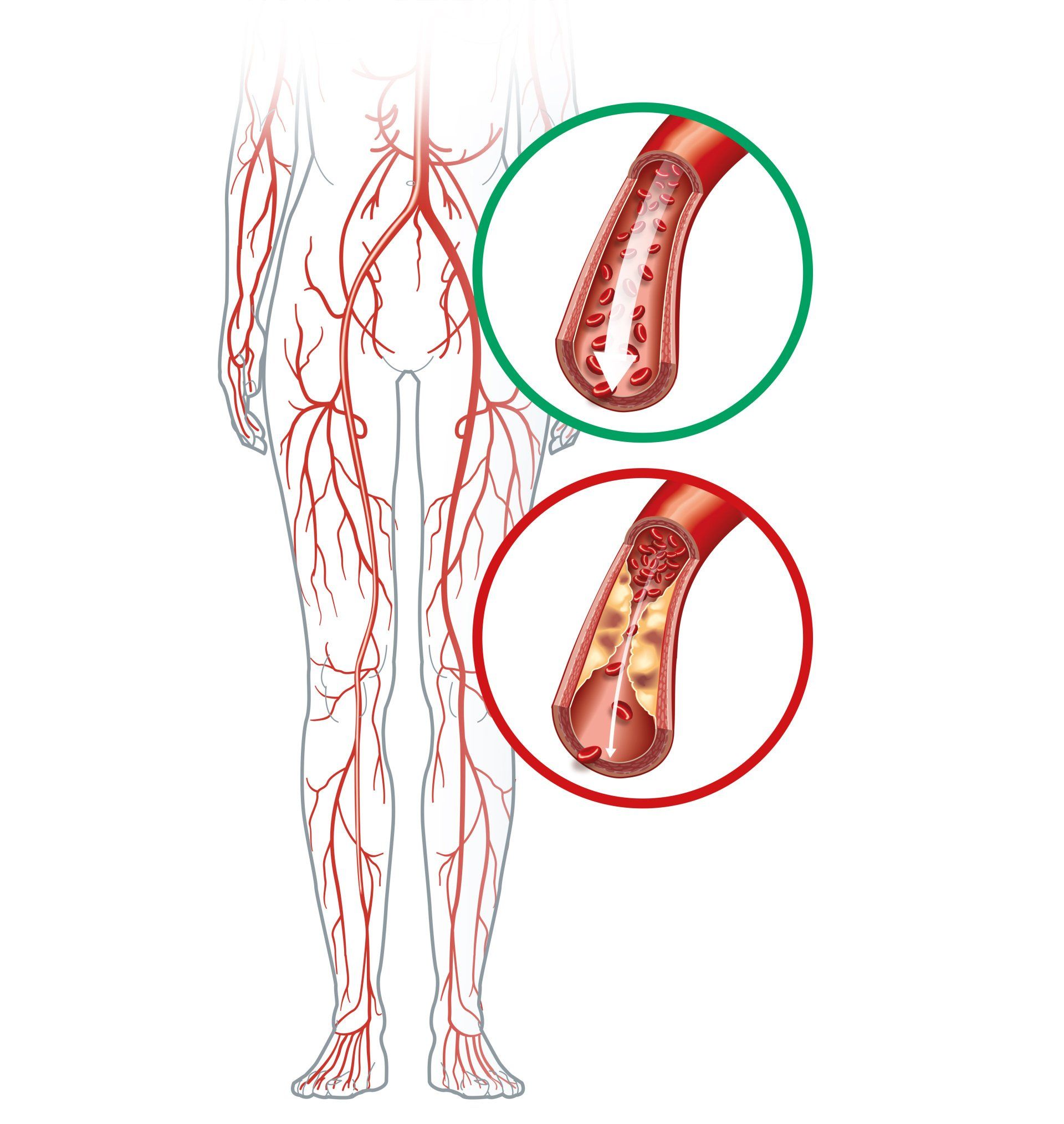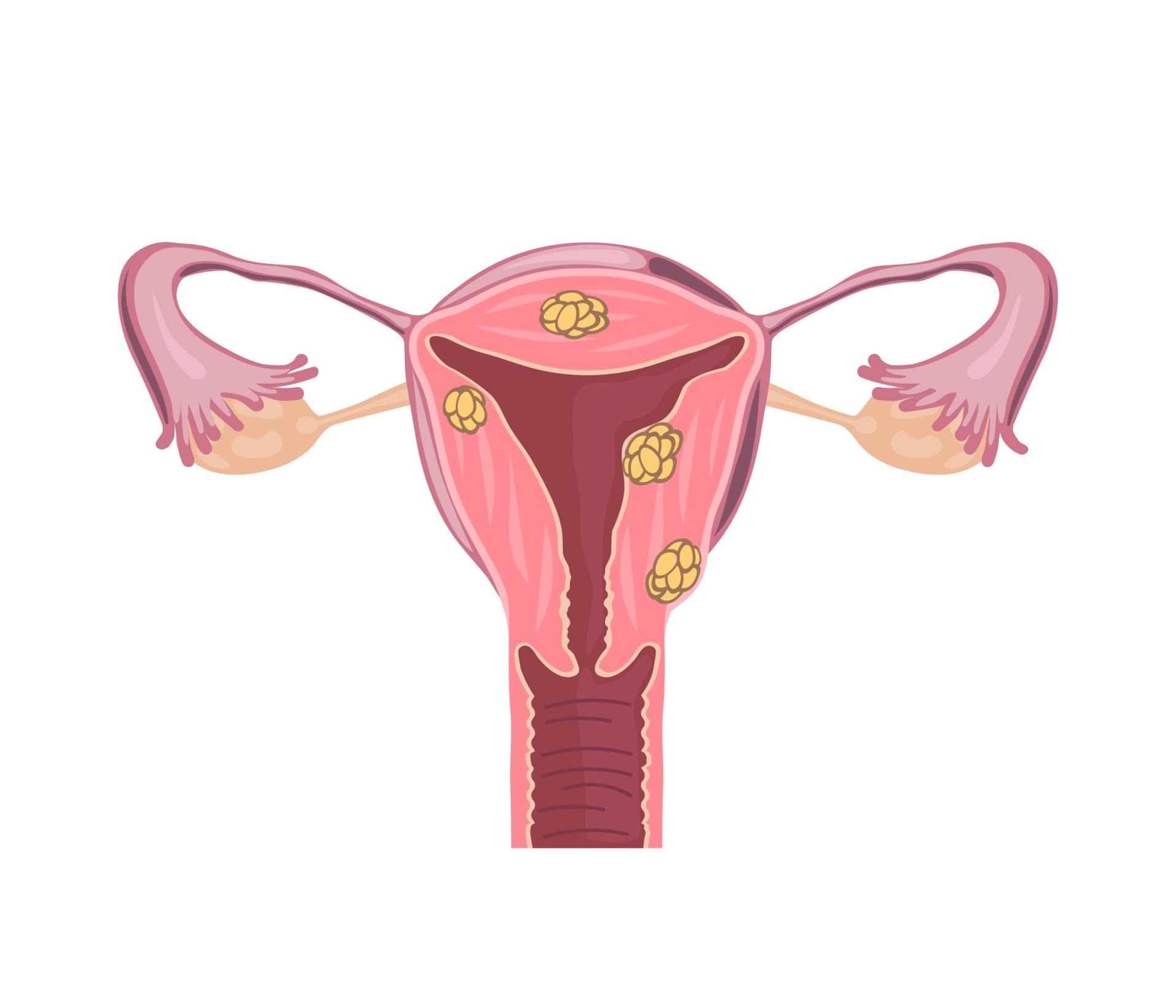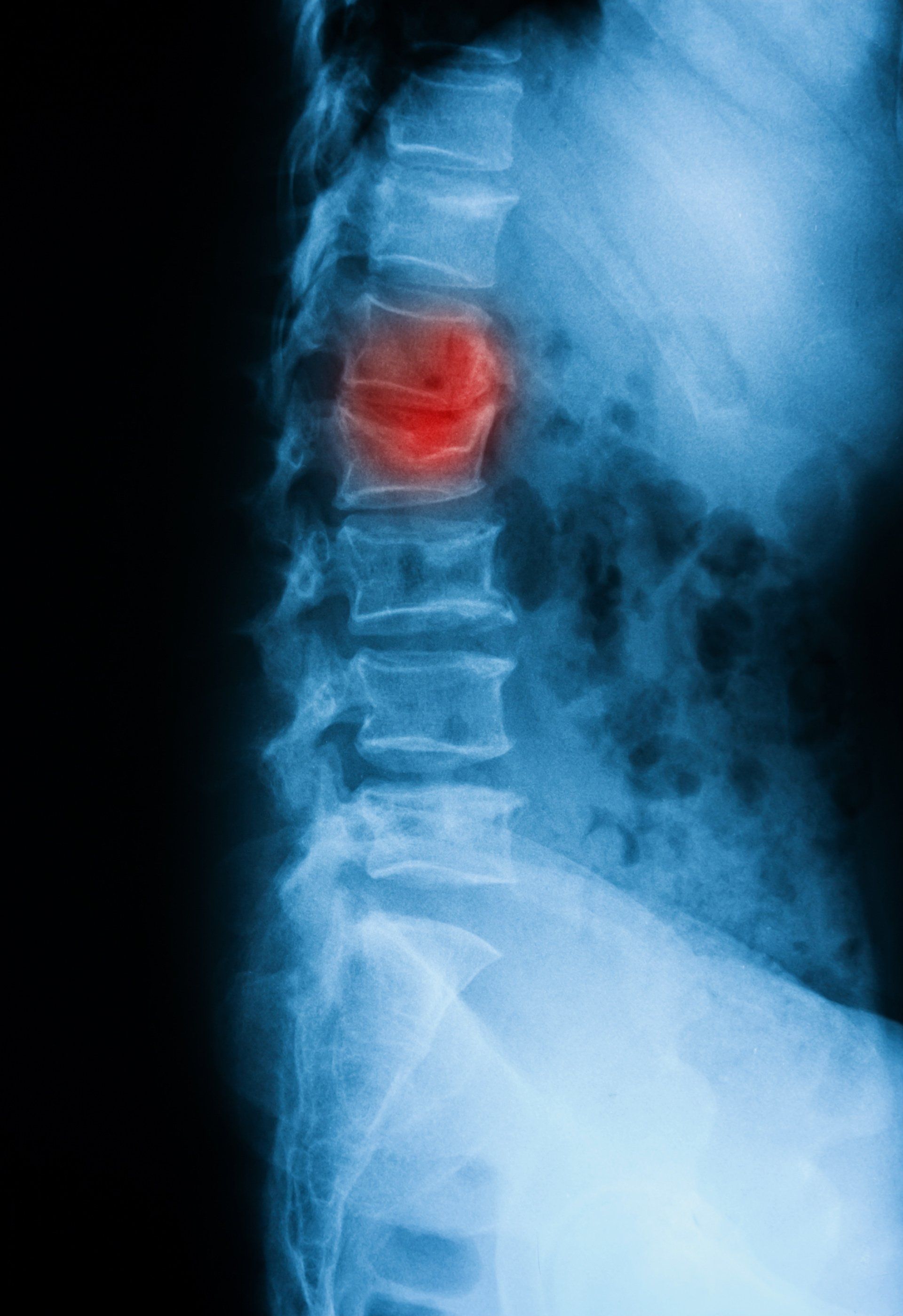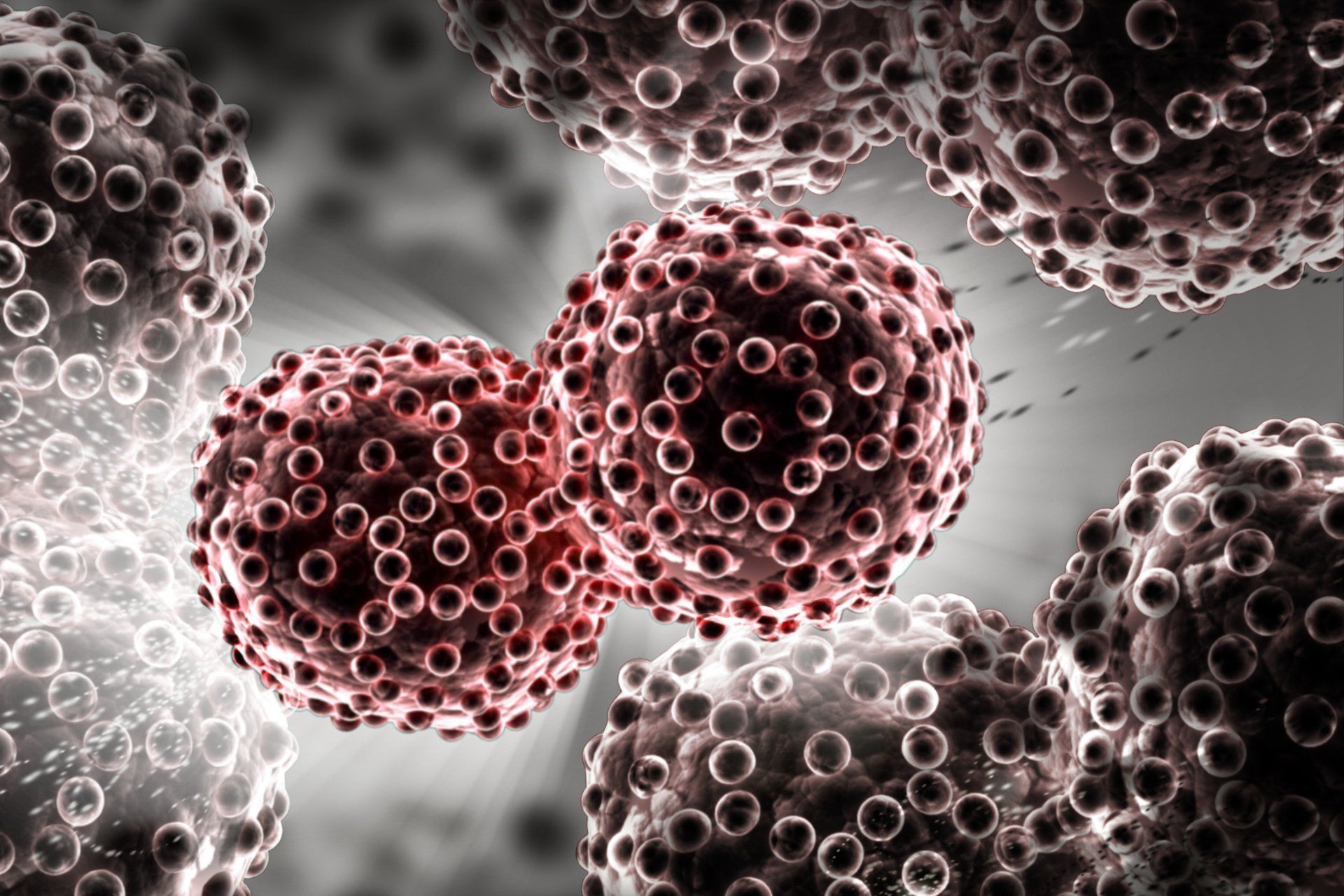17 Jan, 2019
A genetic study of nearly half a million people concludes that height is “not just a correlated factor, but an underlying mechanism leading to varicose veins.” Women are at a higher risk of varicose veins, but new research suggests that height is also a factor. Varicose veins — also known as spider veins — are “swollen, twisted veins” that can usually be seen right beneath the skin on a person’s legs. According to the most recent estimates, the condition affects approximately 33 million people in the United States. The condition is generally considered quite harmless, but previous studies have found a strong association with serious cardiovascular problems, such as blood clotting and deep vein thrombosis . Also, varicose veins may be moderately painful and aesthetically unpleasant to some people. Now, a large-scale genetic study published in Circulation suggests that a person’s height may determine their risk of developing varicose veins. The new research was jointly supervised by Dr. Nicholas Leeper, an associate professor of surgery and cardiovascular medicine at Stanford University School of Medicine in California and Dr. Erik Ingelsson, a professor of cardiovascular medicine at Stanford University. Height may indicate genetic cause Dr. Leeper and his colleagues applied machine learning and statistical methods to examine the genetic data of 493,519 people who were registered in the UK Biobank database. Furthermore, the researchers conducted a genome-wide association study in 337,536 of these individuals, 9,577 of whom developed varicose veins. The study confirmed previously known risk factors for varicose vein disease, such as age, sex, weight, and lifestyle habits including smoking and being sedentary. However, the study also identified some new risk factors. “We confirmed that having had deep vein thrombosis in the past puts you at increased risk in the future,” Dr. Leeper explains. Of all the new risk factors identified, the scientists deemed height as the most surprising. “Greater height remained independently associated with varicose veins,” the study authors report. “We were very surprised to find that height came up from our machine-learning analyses,” says co-first study author Alyssa Flores, a Stanford University medical student. “Our results strongly suggest height is a cause, not just a correlated factor, but an underlying mechanism leading to varicose veins,” says Dr. Ingelsson. He adds, “By conducting the largest genetic study ever performed for varicose vein disease, we now have a much better understanding of the biology that is altered in people at risk for the disease.” “Genes that predict a person’s height may be at the root of this link between height and varicose veins and may provide clues for treating the condition.” — Dr. Nicholas Leeper The recent study also identified 30 genes that are not just tied to varicose veins , but also to deep vein thrombosis . “Varicose vein disease,” says Flores, “is incredibly prevalent but shockingly little is known about the biology. “We’re hoping,” she adds, “that with this new information, we can create new therapies, as our study highlights several genes that may represent new translational targets.” As always, we are here at MVI to treat your varicose vein issues. Call 615-849-7490 to schedule a consultation today!



